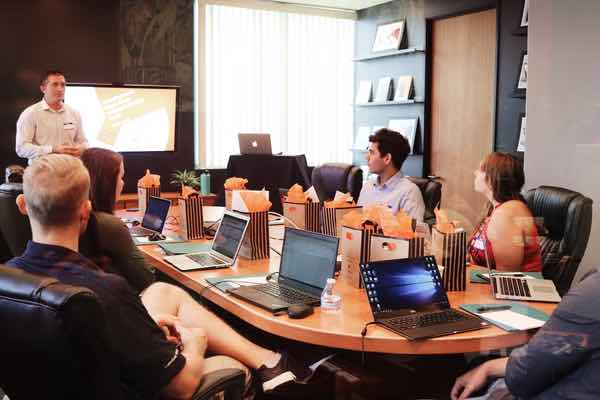Welcome to the world of hosting successful events for your CAD course! As an instructor or organizer, you have the opportunity to create engaging and informative experiences that enhance learning and foster a sense of community among participants.
In this short guide, we will explore key tips and strategies to help you plan and execute impactful events that leave a lasting impression on your CAD course attendees. From webinars to workshops, we’ll cover the essentials to ensure your events are a resounding success.
1. Define Your Objectives and Audience
Before diving into event planning, it’s crucial to clearly define your objectives and target audience. Ask yourself what you aim to achieve through the event. Are you providing advanced training, introducing new CAD concepts, or fostering collaboration? Understanding your objectives will shape the content and structure of your event. Additionally, identify your target audience to tailor your approach and content to their specific needs.
2. Choose the Right Format
Selecting the appropriate event format is crucial for engaging your participants and delivering a memorable experience. Consider the nature of your CAD course and the preferences of your audience. Webinars, workshops, or virtual conferences each have their advantages.
For instance, webinars offer a focused presentation format, while workshops provide hands-on learning. Choose the format that best aligns with your objectives and suits your audience’s learning style.
3. Craft Compelling Content
Engaging content is the heart of any successful CAD course event. Create a compelling agenda that covers relevant topics, addresses pain points, and provides practical insights. Incorporate interactive elements such as live demos, case studies, and Q&A sessions to keep participants actively involved. Ensure your content is informative, actionable, and delivers value to your attendees.
4. Utilize Technology
To enhance the participant experience, leverage technology tools and platforms that facilitate seamless event management.
One valuable tool to consider is the use of signupforms.com . By integrating signup forms on your event website or promotional materials, you can streamline the registration process and gather essential participant information. This allows you to effectively communicate event details, send reminders, and personalize the event experience.
5. Promote Your Event
A successful CAD course event requires effective promotion to attract participants. Utilize various channels such as social media, email marketing, and relevant online communities to spread the word about your event.
Craft compelling promotional messages highlighting the key benefits and value participants can expect. Leverage the power of networking by partnering with influencers or industry professionals who can endorse your event.
6. Engage and Interact
During the event, prioritize participant engagement and interaction. Encourage active participation through polls, surveys, and chat features.
Foster networking opportunities by creating breakout sessions or virtual networking events. Ensure your event platform supports these interactive elements, allowing participants to connect with each other and with you as the host.
7. Follow-Up and Evaluation
After the event, don’t forget to follow up with your participants. Share event resources, such as presentation slides or additional learning materials.
Request feedback through surveys to gather valuable insights for future improvements. Use the feedback to evaluate the success of your event and make necessary adjustments for future CAD course events.
Conclusion
Hosting successful events for your CAD course can be a game-changer in providing valuable learning experiences and building a strong network of engaged participants. By implementing the tips and strategies discussed in this guide, you can take your events to the next level, fostering a sense of excitement, knowledge sharing, and collaboration among your course attendees.
Remember to stay organized, be clear about your objectives, leverage technology, and engage with your audience throughout the event. With careful planning and execution, your CAD course events will leave a lasting impact and contribute to the growth and success of your program.


